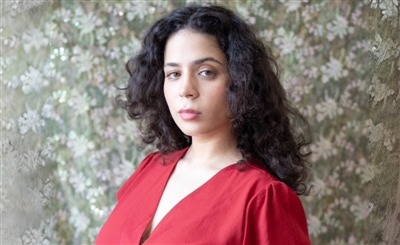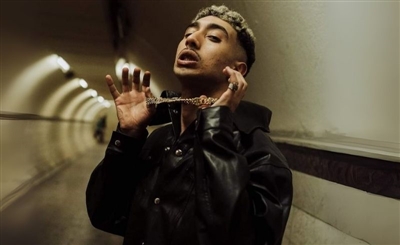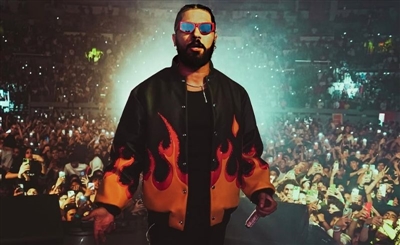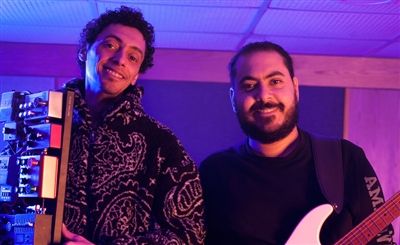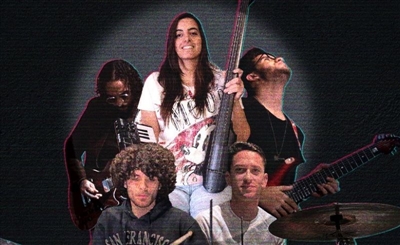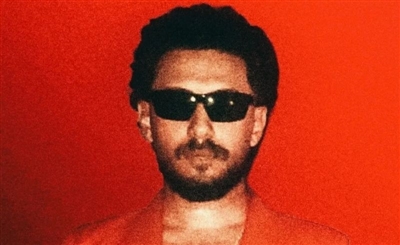Sofiane Saidi on Rachid Taha’s Legacy, Raï 2.0 and Taking Pride In Our Musical Culture
We caught up with the Algerian singer at Institut Français d’Egypt’s Fete de la Musique
Raï music was always had an inseparable air of controversy to it since it first surfaced in the ’20s in Algeria’s port city of Oran. Touching on sexually and culturally risqué topics, raï projected the energy of an oppressed youth shunning boring cultural norms, the genre was shot to fame by Cheikha Rimitti el Reliziana otherwise known as la mamie du raï in the 1950’s thanks to the release of her iconic song Charrak Gattà in 1954, featuring an infamous and unambiguous call on women to abandon their virginity. Needless to say when Algeria gained its independence from France in ’62, the singer was banned from radio and television.
Fast forward to the 1970’s the genre began taking on a new form, becoming influenced by genres such as reggae and modernized by novice recording technologies and gaining international success with rise of producer Rachid Baba Ahmed. Come the 80’s raï was synonymous with regional pop music at the time thanks to people Cheb Hamid, Cheb Mami and Chaba Fadila leading up to the first raï festival in 1985.
Conflict erupted in Algeria in late 1991 when the Algerian army cancelled the elections after the Islamic Salvation Front won the first round, leaving raï singers caught between a rock and a hard place with many opting out for diaspora. Those who stayed like Cheb Hasni and Rachid Baba Hasni ended up paying the ultimate price in a string of assassinations that would leave the genre battered but not broken.
<iframe src="https://www.facebook.com/plugins/video.php?href=https%3A%2F%2Fwww.facebook.com%2FSceneNoise%2Fvideos%2F408122429805259%2F&show_text=0&width=560" width="560" height="315" style="border:none;overflow:hidden" scrolling="no" frameborder="0" allowTransparency="true" allowFullScreen="true"></iframe>
Among those who fled the country was then a young Sofiane Saidi who spent his teenage years singing in the nightclubs of Oran where the likes of Benchenet, Hasni, Fethi and Marsaoui performed. Arriving in Paris at 17 he found his way into the city’s raï cabarets. Over the years Sofiane slowly developed his sound, drawing in influences from his upbringing spent listening to Abdel Halim, Asmahan and Farid El Atrash. Soon enough Saidi would be spearheading a movement to re-invent the genre, introducing raï 2.0 through his two solo albums; El Mordjane (2015) an El Ndjoum (2018), his collaborations with Group Mazalda, Acid Arab and Ammar 808.
We caught up with the raï rabble rouser ahead of his Egyptian debut at Institut Français d’Egypte’s Fete de la Musique at Al Azhar Park on June 20th, where the event was held in honor of Algerian singer Rachid Taha and Sofiane performed alongside Mazalda, and Mazaher Ensemble. During our chat we got to talk about his upbringing, Rachid Taha’s influence on world music, his albums, and why it matters to put our musical culture forward.
- Previous Article Getting Abyusif
- Next Article 23 Must-Watch Middle Eastern Music Documentaries



